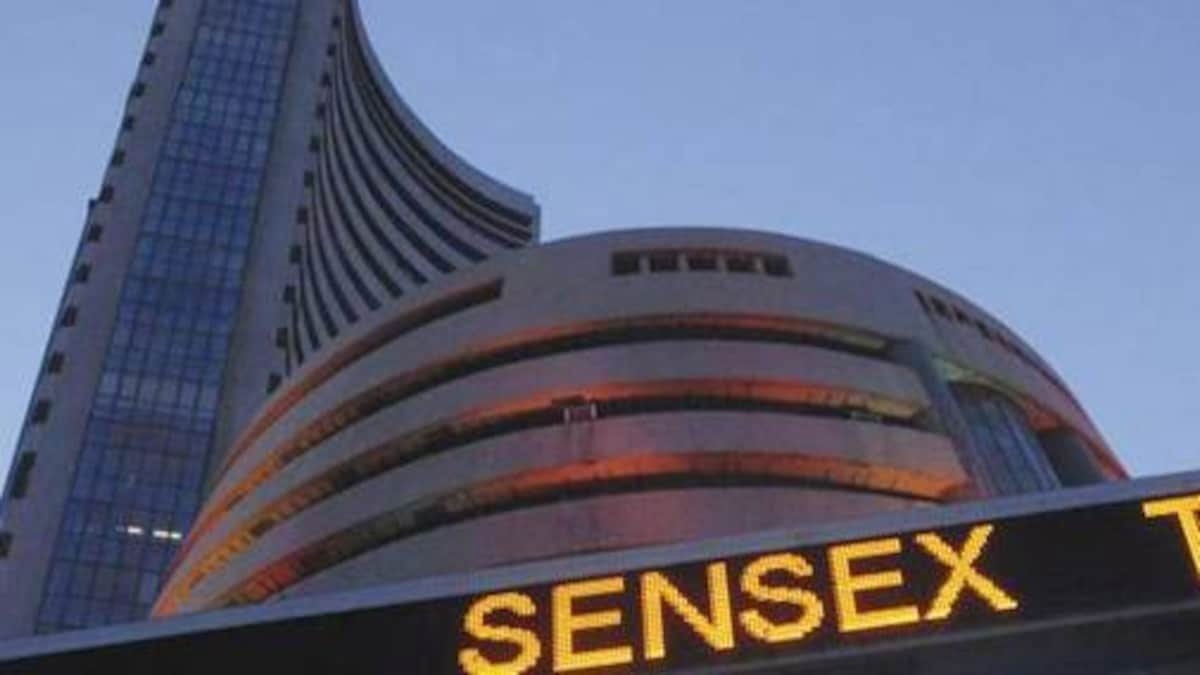
The Sensex dropped by over 800 points, while the Nifty fell by approximately 250 points, reflecting a broader market disillusionment. Analysts attributed the sell-off to concerns over the lack of comprehensive measures to stimulate growth and address inflationary pressures. Despite the government's optimistic forecasts, market participants were underwhelmed by the specifics of the budget, which they viewed as insufficiently aggressive in its approach to economic challenges.
Key sectors affected by the budget include infrastructure and manufacturing, which had anticipated more substantial investments and incentives. The minimal allocation for infrastructure projects, in particular, was highlighted as a major disappointment. Infrastructure spending, crucial for spurring economic activity and job creation, was expected to see a more substantial increase, but the proposals fell short of these expectations.
Additionally, the absence of significant tax relief measures for the corporate sector and middle-income groups contributed to the negative market reaction. Many analysts had hoped for substantial tax cuts to enhance disposable income and corporate profitability, but the budget provided only limited relief. This limited fiscal stimulus has raised concerns about the ability of the economy to sustain growth in the face of global uncertainties and domestic challenges.
Investor sentiment was also impacted by the government's cautious approach to debt management. The budget outlined a gradual reduction in the fiscal deficit, but the pace of this reduction did not meet market expectations. Concerns about the high levels of public debt and the government's ability to manage it effectively have added to the anxiety among investors.
In the financial sector, banking stocks were hit hard as market participants reacted to the proposed regulations and the budget's impact on liquidity. The budget's provisions aimed at enhancing financial stability were seen as overly conservative, further contributing to the sell-off in financial stocks.
The government's emphasis on long-term economic reforms and structural changes, while promising, did not provide immediate relief to the markets. Investors, focusing on short-term gains and immediate economic impacts, were disappointed by the lack of actionable measures that could quickly boost economic activity.
Looking ahead, market experts suggest that the direction of the markets will depend on the implementation of the budget measures and their impact on economic performance. There is anticipation that the government might introduce supplementary measures to address the current concerns and provide additional stimulus to support growth. However, until such measures are announced and their effects are observed, market volatility is expected to persist.
The declines in the Sensex and Nifty underscore the challenges facing the Indian economy and the complexities of balancing fiscal prudence with the need for economic stimulus. As investors await further developments, the focus will be on how effectively the government navigates these challenges and adjusts its policies to foster a more resilient economic environment.
